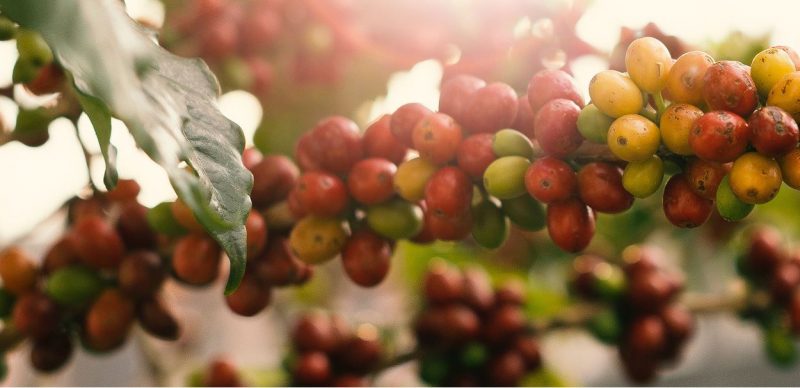Kenyan coffee production is expected to fall to 750,000 bags in 2024, a decrease from 750,000 bags in 2023.
The decline is attributed to several factors like stagnant harvested areas where farmers have converted coffee farms to real estate due to limited profitability.
Two, a shortage of certified planting materials and restricted access to inputs and extension services for farmers.
The 2024 Coffee Annual Report by the Foreign Agricultural Service (FAS) notes that: “The projected yield decline is attributed to the disruption of inputs and extension support by the private sector because of the recent coffee marketing reforms. MY 2024/25 coffee exports are also expected to drop by four per cent to 720,000 bags.”
“Post forecasts a decrease in Kenya’s MY 2024/25 coffee exports to 720,000 bags from 750,000 bags in MY 2023/24 due to lower domestic supply. “
This is besides recent government reforms like the implementation of the New Direct Settlement System (DSS) for coffee payments.
According to Nairobi Coffee Exchange (NCE) CEO Lisper Ndung’u, the DSS ensures faster and more transparent payments to farmers.
Data from the NCE and Capital Markets Authority (CMA) show that 496,440 bags of coffee containing 30,472,708 kilogrammes of coffee had been sold by May 28 this year.
Government Efforts to Revive Coffee Sector
The Kenyan government waived Sh6.8 billion owed by coffee farmers nationwide.
“At the meeting, the Cabinet considered and approved the debt waiver for coffee farmers and other coffee sector reforms,” a dispatch from State House said.
“Under this programme, the meeting sanctioned the write-off of historical debts amounting to KSh6.8 billion owed by coffee farmers nationwide.”
The Cabinet said the interventions are aimed at enhancing the production of coffee to the 200,000 metric tonnes target by 2027.




